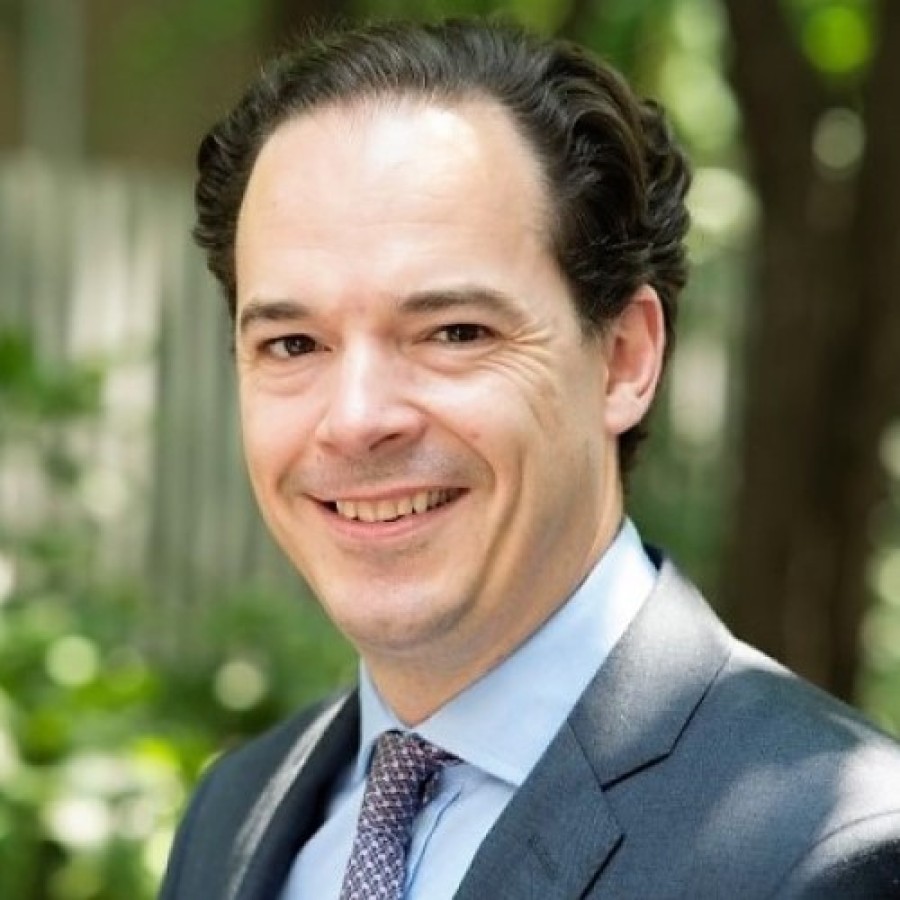Bates News, Bates Research | 06-09-20
Bates Practice Leadership Insights: What AML Officers are Thinking About Now

Bates continues our practice leadership conversations this week with Edward Longridge, Managing Director of Bates Anti-Money Laundering and Financial Crimes Practice, for his views on the matters most pressing for AML officers right now. Here is a recap of our conversation.
Question: How has the financial anti-money laundering agenda and/or regulatory enforcement framework been affected by the pandemic?
Edward Longridge: For AML and fraud departments, two trends have presented themselves since the advent of COVID-19. First, there has been an increase in the number of Coronavirus-related scams, and, in particular, scams targeting the elderly. Fraudsters and money launderers are taking advantage of what they perceive to be opportunities for criminal activity in the current environment. These heightened activities are putting extra pressure on compliance teams to adapt and perform.
Second, the regulators have not taken their foot off the pedal. Expectations, during this time when systems are being stressed, have only increased. While it is true that FinCEN requested financial institutions to contact them if they are having difficulties in the timeliness of Suspicious Activity Report (“SAR”) filings, and though, in certain cases, regulatory exams may be delayed, AML departments must still meet—and indeed exceed—their obligations to fully comply with regulatory rules and expectations. In short, AML and Fraud departments need to be on an increased watch during the pandemic now, and for the foreseeable future.
Question: What should AML officers be focusing on in the next several months?
There remains uncertainty over how long COVID-19 will last. Even after cities and states reopen, it is anticipated that there will be a large percentage of the population who will opt to work remotely. AML compliance systems will need to adapt to this change as a more permanent reality.
Further, the virus has changed people’s spending habits. This will, no doubt, continue. As a consequence, AML officers should review their transaction monitoring scenarios and rules to tune and adapt them to the changes in transactional behavioral patterns caused by the coronavirus.
Question: Is there a particular area that banks should be paying attention to that may not seem so obvious?
Yes. Banks should be vigilant over increased fraud attempts and changes in the patterns of their customers’ transaction activity. One area for banks and broker-dealers to pay close attention to is AML volumes. With teams working remotely, firms may find it hard to keep up with the non-stop volume of transaction monitoring alerts which can lead to an increase in backlogs. Banks and broker-dealers should adjust their resources accordingly.
Question: What does post- recovery look like?
Nobody can realistically foresee all the consequences of what is to follow in the next six months. That said, states will open in phases and will likely take a cautious, staggered approach to avoid a second wave of infections. How successful they will be is unknown.
Financial institutions will need to pay close attention to ensure their offices are compliant with all city, state and federal health guidelines. For example, they may have to reconfigure for social distancing in the office, possibly including redesigned desk space. Firms may also need to rotate their staff between remote and onsite so that not everyone is in the office on the same day. While it is anticipated that regulators will take an understanding approach with financial institutions, AML and financial crimes departments cannot afford to let up.
Question: What type of support are clients looking for now?
In addition to our ongoing efforts helping clients establish and execute effective AML and financial crimes compliance programs, we are working with a number of parties on third-party risk management. This covers a wide range of topics, including vendor risk management, VPN matters, and cyber security/data security. Several firms have also turned to us recently to help them keep up with their transactional volumes.
Given the prevalence of new scams posed by bad actors, the added stresses placed on compliance programs and systems by remote working arrangements, and the unrelenting demands by regulators to fulfill their anti-money laundering and anti-fraud obligations, firms are under significant pressures. We continue to assist them in these efforts.
The current crisis presents many challenges. Bates practice leaders, consultants, and experts can help. Please contact:
Edward Longridge, Managing Director, Bates AML and Financial Crimes
Christine Davis, Managing Director, Forensic Accounting & Economic Damages
Dennis Greenberg, Managing Director, Third Party Risk Management Services
For further reading, you may also be interested in:
Bates Practice Insights: What Compliance Officers are Thinking About Now
AML Compliance Report: FinCEN Says Hold the Line, FFIEC Updates Exam Manual